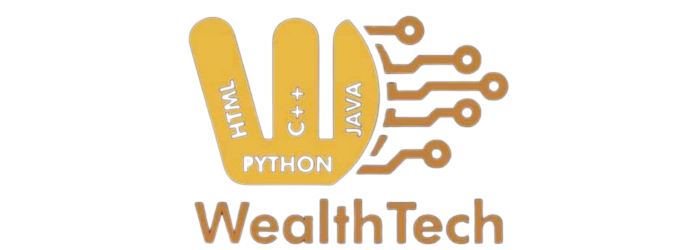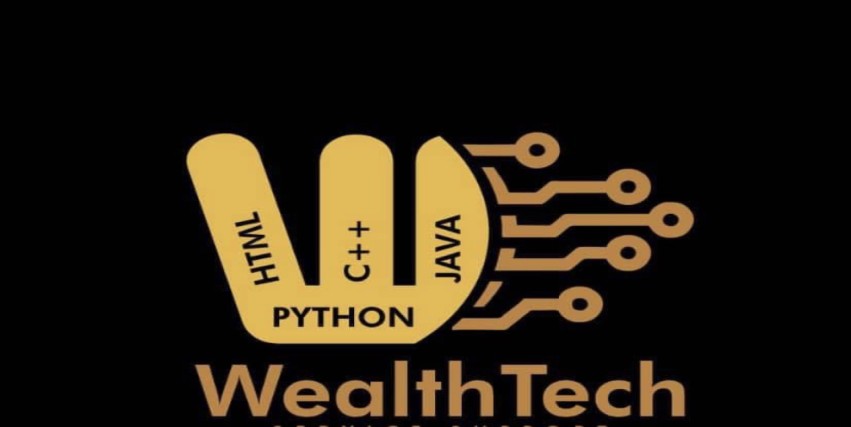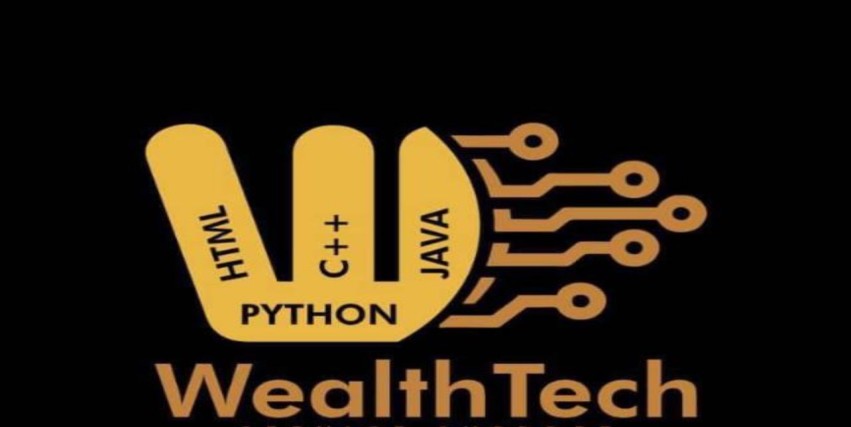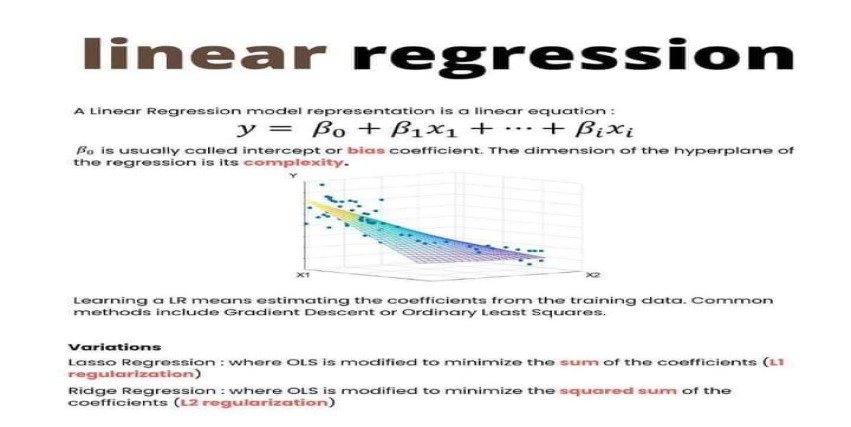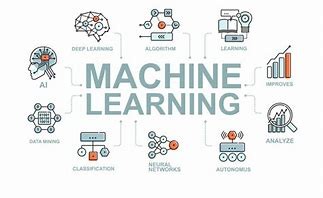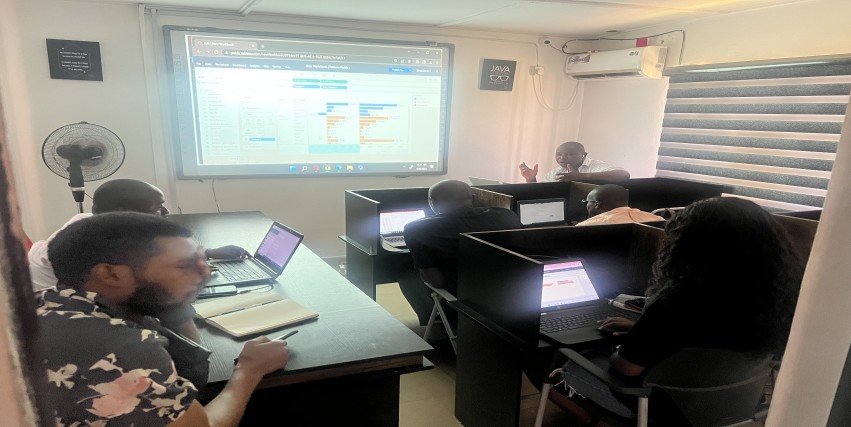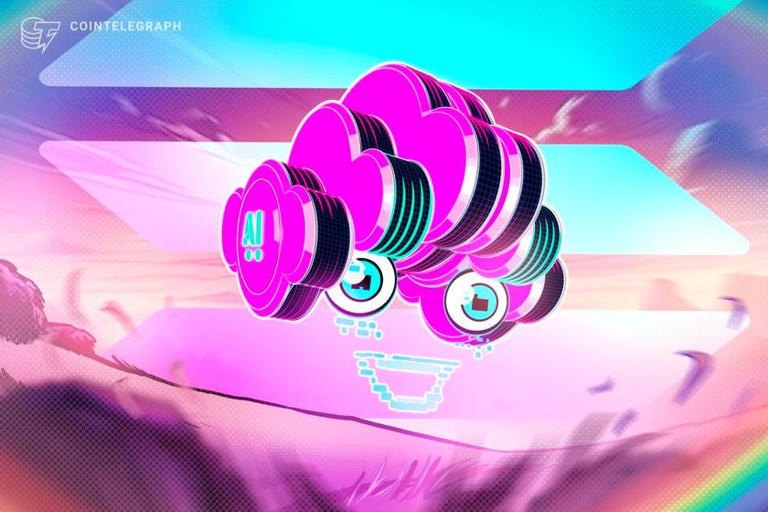5 essential things to do before going into any interview
It is common for people to experience sweaty palms, sweaty feet, or a feeling of coldness just before the start of an interview. If you find yourself facing these conditions, don’t worry; you are not alone. These feelings are especially noticeable when you have high expectations for the interview and put a lot of pressure on yourself to succeed.
I can personally relate to this experience, as I used to be one of those people early in my career. I also used to continue reviewing material I already knew until the last moment, assuming that the interviewer would ask the same questions. I rarely looked at the job description and prepared accordingly. People who are new to their IT careers can relate to this experience, as it is similar to how they used to prepare for their semester exams. Despite the advice from our teachers or professors to not cram everything at the last moment, we often don’t listen to them.
This content will be especially useful for people who think that even when they have prepared well for an interview, they forget everything once they are in the interview. This often happens because too many things are running through your mind. After reading this, you will have a list of tasks to complete before every interview. These tasks will help you relax and perform to the best of your ability without feeling nervous or anxious. Remember that a calm mind is more creative and can provide better answers compared to a rushed mind that may forget what you already know.
Go through the already-prepared “Tell me about yourself”
First of all, let’s try to understand briefly why it’s important to prepare for the classical question, “Tell me about yourself.”
This question is asked in every interview and is typically one of the first questions asked. It is a great opportunity for you to take control of the interview and highlight your strengths.
Always remember, for most good companies, interviews are not like your college exams. The purpose of interviews is to get to know you so that the team can determine whether you and your strengths would be a good fit for their team. In my opinion, any company with a Glassdoor rating of 4 or higher is considered a good company.
Suppose you have interviewed for a role in data science, and since you have completed most of your projects in the field of NLP (a sub-field of data science), you can take the opportunity to focus solely on that during the “tell me about yourself” portion of the interview. By doing so, you can avoid discussing computer vision (another sub-field of data science), which is a broad topic in itself. This way, you are indirectly influencing your interviewer to ask more questions related to NLP and fewer questions about computer vision.
Now that you understand why the “Tell me about yourself” section is important, let’s briefly discuss what things you should cover when responding to this question.
In the “Tell me about yourself” section, you can include the following points:
- Briefly introduce your professional background and relevant experience
- Highlight key skills and qualifications that make you a strong candidate for the position
- Mention any notable achievements or projects that demonstrate your capabilities
- Discuss your professional goals and how they align with the role you are interviewing for
- Share your enthusiasm for the industry or field of work
Remember to keep it concise and focused on the aspects that are most relevant to the position you are interviewing for.
Going through previous interview questions helps you prepare more effectively than randomly reviewing your study notes
If you are interviewed for similar roles every time, you will soon realize that the questions being asked in every interview start repeating. To take advantage of this pattern, I follow the below approach. After every interview:
- I list down all the questions that have been asked, especially the ones I couldn’t answer or those that I believe I haven’t answered well
- The next day, I attempt to find the correct answer for each of the listed questions
Now, I always review this set of questions and answers before every interview. This process has tremendously helped me answer interview questions confidently over the years. Although you will begin to see great results after five interviews, you may encounter some repetitive questions as early as the second interview.
When you randomly go through your notes, you often overlook a lot of concepts, but if you prepare this way, you will start focusing on those concepts automatically, which has been asked previously.
Some considerations about this approach:
- Appearing for different roles in each of your interviews will not help you generate a pattern.
- You should know how to ignore noise. Let me explain this with an example. When you are interviewing for a good company, there is a high chance that most of the questions asked will be relevant to the role and based on the job description. However, sometimes you may encounter an interviewer who is new to the job and asks things that are completely irrelevant to the role. This could be because they haven’t prepared well before the interview or because they simply want to prove their superiority. Suppose you have been interviewed for a data science role, and someone asks you questions about design patterns that are specific to software development. This is the kind of scenario I am talking about. In these scenarios, don’t get tense. Also, you don’t have to prepare for these types of questions for future interviews because they are noise.
- You should not rely on the questions from your previous years of interviews when you were planning to make a switch. Technology changes rapidly, and the questions asked two years ago may now be obsolete or irrelevant. While this set of questions could be helpful for a cold start, such as the first interview in your current set of interviews, it is not advisable to solely depend on them.
Go through your resume projects
This is something you should never miss preparing for if you want to sound genuine. After the “tell me about yourself” question, this is the most probable thing that will be asked in your interview, especially in the initial rounds.
People often assume that because they have worked on the mentioned projects, they will be able to answer questions about them easily. However, what they fail to realize is that without preparing for their resume projects, they often struggle to explain things concisely. As a result, they might end up providing excessive information that sounds irrelevant to the interviewer, or they might provide too little information, leading the interviewer to believe that they are fabricating their project.
To handle this, I always keep 200–400-word content prepared for every project. Before every interview, I review this content, which serves as a project summary. Even though I may have memorized the details after a couple of interviews, I still go through them to ensure that I can explain them flawlessly when someone asks about them. When creating a resume’s project summary, I cover the following points:
- Problem statement
- Approach to solving the problem
- Business impact
This approach also helps you gain a better understanding of your project. If you encounter any gaps, you can always consult your teammates to clarify any doubts. Additionally, it also ensures that you have a sufficient understanding of projects that you may not have worked on from start to finish but have mentioned in your resume because you know they had a significant impact.
Dress up properly, even if its remote interview
Even if it is a remote interview, it is important to dress professionally. Although you may not be attending the interview in person, dressing appropriately can help you feel confident and put you in the right mindset for the interview. It shows that you take the interview seriously and are prepared to present yourself in a professional manner.
When you dress appropriately, it helps you mentally switch into professional mode, boosting your confidence and preparedness. It demonstrates your professionalism, attention to detail, and respect for the interview process. It shows that you value the opportunity and are taking it seriously.
Remember, first impressions matter, even in a remote setting. Dressing properly can help you make a strong first impression and set the tone for a successful interview.
Take a deep breath and remember, it’s just an interview
Feeling nervous before an interview is natural, but it’s important to remember that it’s just an interview. Take a deep breath and remind yourself that you are prepared and capable. Don’t let anxiety or self-doubt overshadow your abilities. Stay calm, be confident, and trust in your knowledge and skills. Remember, the interview is an opportunity for both the employer and the candidate to assess the fit. Approach it as a conversation and a chance to showcase your qualifications. This perspective can help ease nerves and shift your focus from solely trying to impress the interviewer to genuinely connecting and engaging in meaningful dialogue.
By taking a moment to centre yourself and going into the interview with a positive mindset, you create a space for success. Your body and mind will be more relaxed, allowing you to think clearly and respond effectively to interview questions. Remind yourself that it’s just an interview to alleviate unnecessary pressure and perform to the best of your abilities.
Remember, you have prepared for this interview and have valuable skills and experiences to offer. Embrace the opportunity to showcase your qualifications and let your authentic self shine through. Take a deep breath, trust yourself, and approach the interview with confidence. You’ve got this!
I have learned the aforementioned tricks and tips through my personal experience of over 5 years. I can confidently say that they are tremendously helpful. These practices allow you to relax and present yourself in the best possible way during interviews. By following them, interviews feel more like conversations than examinations. They also help you identify any gaps in your preparation. If your interview doesn’t go well, you won’t be left wondering whether it was due to a lack of preparation or knowledge. This approach eliminates the former as a reason for a less-than-ideal interview.
